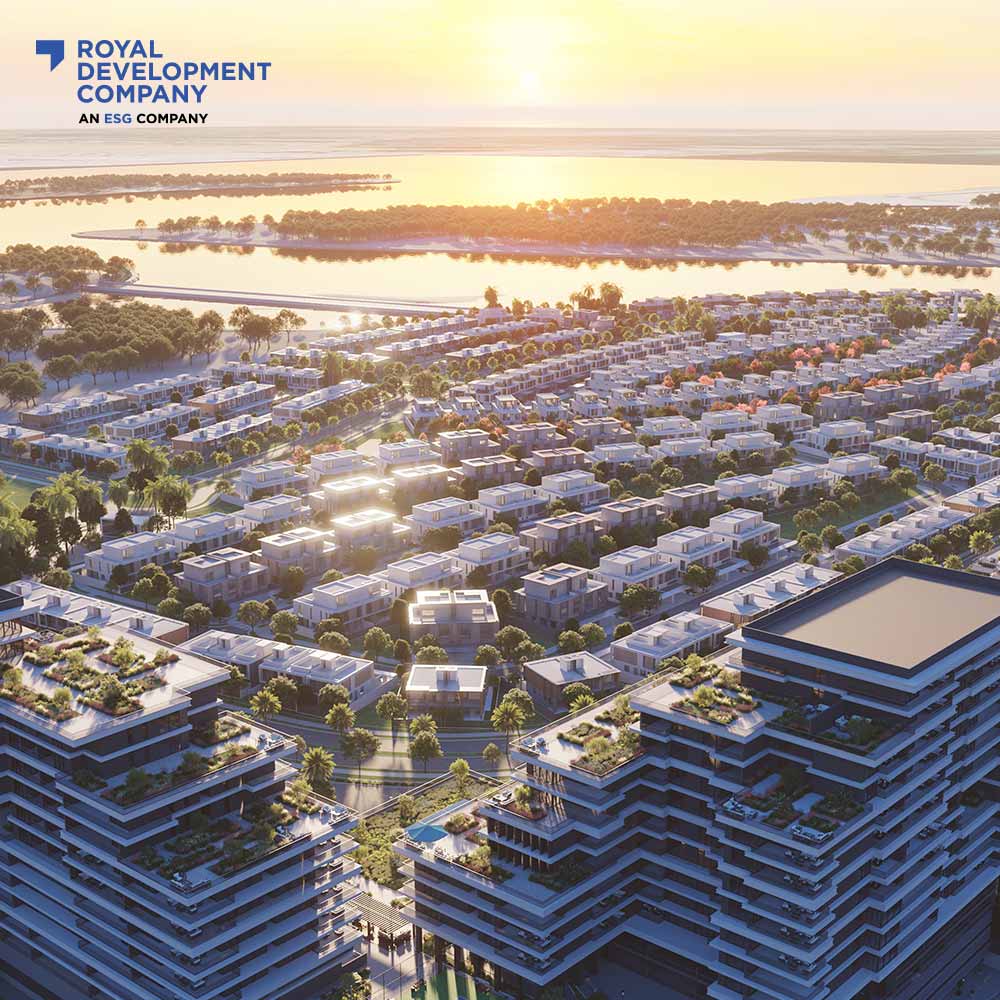Real Estate Investment Management in Abu Dhabi
In simple terms, real estate investment management is a rigorous procedure. It seeks to maximize the value and the return on investment of a property. This complex process encompasses a range of activities. Including minimizing costs wherever feasible, identifying the most consistent and largest sources of revenue, and mitigating liability and risk, among many other things. Investors may unleash the entire potential of their real estate assets by addressing these variables. As a result, investors can obtain big incentives.
Throughout the process, it is critical to investigate closely the four main areas of focus that form this complex discipline. Those four pillars serve as the foundation upon which successful real estate investment management is built. This enables investors to negotiate the market's difficult terrain with confidence and accuracy.
Let us look a little closer at each of these pillars. Recognize their relevance and function in forming a successful real estate investment.
1- Finding Properties with Consistent Revenue Sources
It is crucial to focus on properties that offer a steady stream of income rather than focusing on potential value appreciation. Throughout the process of property selection, many factors must be carefully evaluated. Such as location, market demand, property condition, and potential rental income. Successful real estate investors understand the importance of consistent profits. They seek out rental properties to achieve this goal accordingly.
2- Cost Reduction
Maintaining a property can be expensive. Considering operational costs, taxes, maintenance, and closing costs. Yet, there are several effective methods to reduce investment property expenses. For instance, opting for cost-effective contractors or securing loans with favorable interest rates. This can significantly decrease expenditure.
3- Risk Management
All investments carry an inherent level of risk, and real estate is no exception. Yet, some properties pose higher risks than others. A key aspect of real estate asset management is mitigating risk. Investors must prepare contingency plans in case of investment failure. This ensures the protection of assets and minimizes potential losses.
4- Portfolio Expansion
Strategic and diversified portfolio expansion is a fundamental principle of real estate investment. The main goal is to broaden the investment portfolio so opportunities and potential returns increase as well. By increasing the number of investments and spreading them across different types of properties, investors can reduce risks and maximize their profits.
Real Estate Investment Management – Setting You on the Right Track
Real estate investment is a complex process that necessitates the establishment of defined objectives to guide your actions. Setting objectives is essential for staying focused on the intended outcomes. Real estate management's main purpose is to maximize property value and create a steady return on investment. This covers a wide range of topics. Capital appreciation, rental income production, and portfolio diversification are some examples. You may coordinate your financial plan by having clear goals in mind. This contributes to a better and more informed decision-making process. Whether your goal is to increase your rental income, diversify your portfolio, or achieve long-term capital growth. Setting clear goals will assist you in staying on track and measuring your success.
However, with too many options available, and too many potential outcomes and risks, making a decision becomes overwhelming. Moreover, different rules, ordinances, and laws control different areas and property kinds; consequently, making it essential to partner with a real estate investment management company.
Where they handle the everyday challenges of commercial and investment real estate on behalf of their clients. The top property management companies strive to assure a residential or commercial investment property's profitability, good reputation, maintain good conditions, and tenant occupancy. They also keep owners informed of crucial performance measures related to their real estate assets.
In the realm of real estate investment management, the competition is fierce. Many companies excel in providing comprehensive services to investors. A wealth of experience and broad expertise, combined, makes them well sought after by investors.
Royal Development Company lies among the top real estate investment companies. Specialized in residential, commercial, and hospitality properties.
Renowned as a prominent real estate management leader in the United Arab Emirates. Royal Development Company has established itself as a major player in international development. With a diverse and professional team, RDC manages every real estate development project. From inception to completion,
ensuring a seamless process. RDC has delivered projects and collaborated with over 15 countries across the globe. Demonstrating their adaptability to various stakeholders, locations, and industry regulations. With a deep understanding of cultural considerations,
RDC is adept at assisting its clients. Help them achieve their objectives and minimize risks while staying true to their commitment to excellence. This makes them the preferred choice for comprehensive real estate development and management.
Investment Property and Finance Management – Integral Components of Success
real estate investment management includes investment property and financial management. Overseeing rental operations, upkeep, and tenant relationships are all part of managing investment properties. While financial management requires keeping track of cash flows. Financial statement analysis and strategic investment decisions are critical.
It is critical to have a thorough grasp of property management concepts in order to manage investment properties. Tenant screening, lease agreements, property maintenance, and prompt rent collection are all part of this. Investors may guarantee that their properties are well-maintained by using efficient property management practices. Ensuring consistent rental income and capital appreciation.
Analyzing financial statements is part of finance management in real estate investing. Apart from monitoring cash flows and making sound investment selections. It is critical to examine the financial performance and ROI of your investment properties.
LASTEST NEWS
-

-

-

-

-

-

-

-

-

-

-

-

-

-

-

-

-

Effective Strategies for Successful Real Estate Development Projects
September 03-2025 -

What to Look for When Selecting Property Developers in Abu Dhabi
September 11-2025 -

Solving Data Management Issues with Effective Real Estate CRM Systems
September 17-2025 -

Risk Mitigation Techniques for Property Investments in Dubai
September 26-2025 -

The Building Blocks of a Thriving Property Development Company
October 21-2025 -

-

-

-

When Your Real Estate CRM Isn't Delivering_ Troubleshooting Guide
November 13-2025 -

What Property Valuations Tell You About Market Direction in Dubai
November 19-2025 -

Construction Delays in Development Projects_ Prevention and Response
November 21-2025 -

Budgeting Errors That Derail Property Development Projects
November 26-2025 -

Spotting Opportunity Zones in the Changing UAE Real Estate Market
November 27-2025 -

How to Respond When Investment Returns Don't Meet Expectations
November 28-2025 -

How Asset Depreciation Affects Your Property Portfolio Performance
December 16-2025 -

Smart Technology Integration Barriers in Modern Dubai Properties
December 17-2025 -

Managing Seasonal Occupancy Fluctuations in UAE Properties
December 22-2025 -

Solving Project Timeline Delays in Dubai Development Ventures
December 29-2025 -

Ways to Improve Building Energy Efficiency in Abu Dhabi Properties
December 30-2025 -

Scaling Property Management Operations Without Service Quality Loss
December 31-2025
